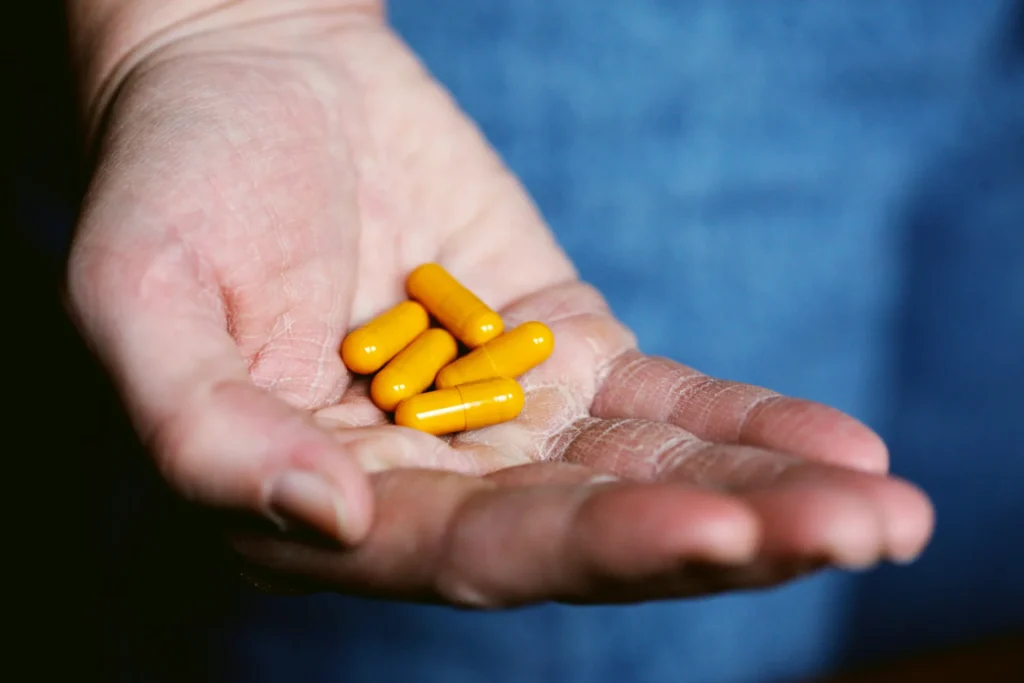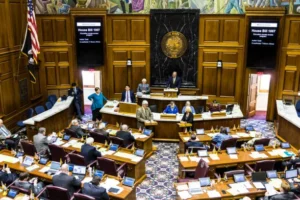Texas passed a landmark law in June 2025 that allocates $50 million for ibogaine research to address addiction and PTSD. Arizona followed closely in May, funding similar studies on ibogaine’s potential for veterans and individuals suffering traumatic brain injuries.
These initiatives reflect a broader national trend with Oregon, Colorado, Kentucky and Georgia legalizing ketamine therapy during the past two years. Psychedelics in US mental health treatment have gained credibility as research highlights the benefits of LSD, psilocybin, mescaline, DMT, MDMA, and ketamine.
A 2021 MDMA study demonstrated a 67% reduction in PTSD symptoms, marking a breakthrough for alternative therapies in psychology and psychiatry. Ketamine, once widely used as anesthesia, has gained attention for antidepressant properties, sparking new interest in clinical mental health applications.
Ibogaine, derived from a West African plant, has shown remarkable potential in reducing depression and addiction in multiple National Institutes of Health studies. A 2024 Stanford study recorded an 88% decline in PTSD symptoms among 30 veterans following carefully supervised ibogaine sessions.
Religious leaders have joined the growing advocacy movement, referring to psychedelics as gateways to mystical experiences and profound spiritual understandings. An NYU and Johns Hopkins study revealed that 96% of clergy participants described psychedelic use as spiritually significant, influencing broader acceptance.
Churches using peyote or ayahuasca as sacraments highlight the merging of ancient Indigenous traditions with Modern American religious practice. In May 2025, the Gaia Church in Spokane gained DEA approval to administer ayahuasca in structured religious ceremonies legally.
While generally safe psychedelics can trigger acute anxiety, paranoia or psychosis in vulnerable individuals with histories of severe mental illness. Experts emphasize professional supervision, structured preparation and aftercare to maximize benefits.










